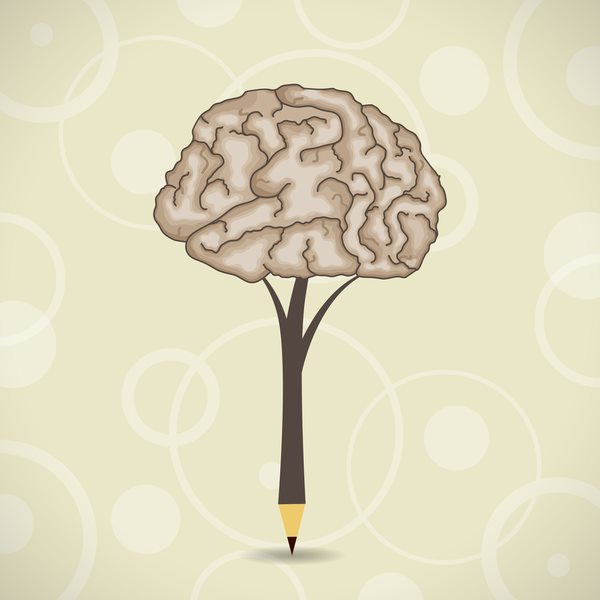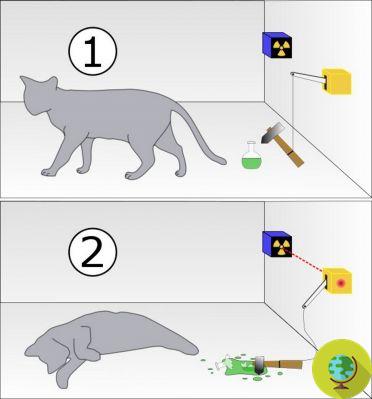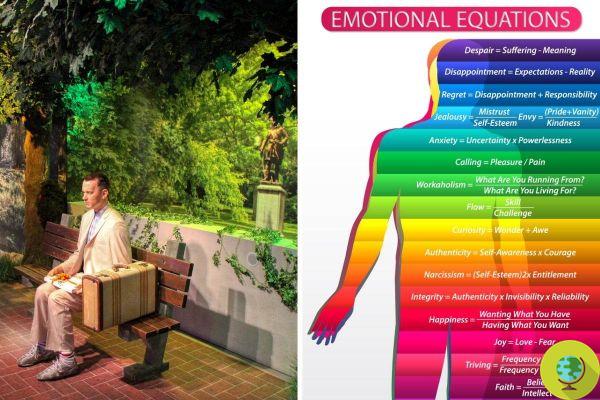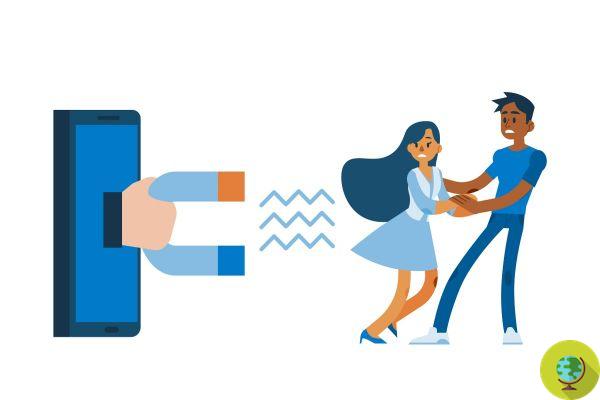Handwriting solicits numerous cognitive and creative functions at any age and is an essential part of the process of growth and expression of one's will and of a living thought. Because it doesn't happen with the keyboard.
Don't store avocado like this: it's dangerousWe write less and less by hand and more and more by typing on a keyboard: it happens not only to adults but also to children, often forced to use tablets and computers at home but also at school.
Which, it must be emphasized, is not good at all: handwriting, in fact, not only supports the noble art of calligraphy but stimulates and trains several fundamental cognitive functions.
Let's see which ones:
Index
Motility and coordination, reading and learning
When writing by hand, the areas of the brain responsible for the formation of language and the interpretation of sensations are activated (in people who do not have such skills, these areas have been solicited, used, too rarely). Broca's area, in particular, is responsible for the assembly of letters into words and their understanding: in short, it defines the ability to read and write and is activated precisely by the exercise of handwriting, by calligraphy.
That's not all: at the University of Stavanger in Norway they observed that those who write quickly by hand not only can read better (and vice versa: people who read more difficult, are also slow in writing) but learn things faster: when typing on a keyboard, however, the process may be compromised.
Writing and the ability to "measure by eye"
In China and Japan calligraphers were often employed as archers: it was no coincidence. Writing well by hand, in addition to the ability to focus one's attention for a long time on a single object and the great precision of the gesture, trains flexibility and fluidity of movement.
Understanding italicized text will be more difficult
For those who write little or nothing by hand, understanding a handwritten text will be much more complicated. It was also observed that, when reading printed characters, the areas of the cortex of the cerebral hemisphere work less because it is not necessary to connect associative thinking and distinguish between letters, recognize the nuances given by calligraphy.
Less attention to grammar and spelling
Digital writing makes you more ignorant: it discourages attention and remembering grammar since there is always an automatic correction function in browsers and writing programs. So if someone writes "conscience" the error will be reported (you need the i!): You don't need to know the rules of writing, or spelling. At least they don't become that important.
And, in perspective, the handwritten texts will be less legible (because they are poorly written, with bad handwriting) and full of errors: the evidence of a cultural and cognitive impoverishment.

More difficulty in abstract thinking
Computer writing is like a stream of thoughts, while handwriting is the highest form of abstract thinking. When typing on a keyboard, it is known that you will always be able to change part of the sentence, whether it is a change of gender, number or form of a verb but when writing by hand you must first think about the whole sentence in your mind. and, only then, write it. That's why creating handwritten text makes us think broader and involves our abstract reasoning.
Reduced imagination and creativity
In general, handwriting - compared to writing on the keyboard - urges the development of creative functions but that's not all.
When you take notes by hand, listening is deeper and more articulated: and is actively elaborated through images and synthesis. It is a co-construction and learning. On the contrary, students who take notes on the computer tend to write down everything the teacher says, as if they were a kind of tape recorder: an uncritical and passive activity.
Read: Taking notes with pen and paper helps remember better than with a PC
In summary: learning to write by hand develops the areas of thought, language and memory in the brain; stimulates the creation of new synapses and synchronicity between the left and right hemisphere (which is not there when typing on a keyboard). It is therefore evident that writing by hand is not only tracing, on white paper, signs to which we attribute a meaning but in addition to the evidence of science there is still more that can be said. From a spiritual and evolutionary perspective:
“In the act of writing a complex, articulated, intimate process is expressed - he explains Romina Venturi, Waldorf teacher, who leads the play group Children of the stars -. The hands are the part of man that allows you to do actions in the physical world. Through the hands - which with their strength and their movement, make writing possible - an act of will is expressed, it is possible to affirm and bring into the world of "living concepts" (because they are enriched with vital force, feeling and active perception vibrant in one's person, in the different aspects of body, soul and Spirit). This is why everyone has his own writing: he expresses his own imprint, a sort of DNA of “how and where” we are ”.
This is why Steiner's pedagogy considers learning to write an important process, which passes through several stages:
“First the drawing of form, a sort of prescription, to derive the writing from the drawing and accustom the child to movement; then you work on the image of the letters (for example, before reaching the F you "stay" with the image of the scythe) and only at that point can you accompany the child to the sign of the letter "effe". The initial letter of each word is a drawing, in this way the gesture of writing, conceived as an "act of will" corresponds to an interior gesture and we can therefore move on to the abstract sign. These passages respect the growth of the child, accompany and support his times: only after the age of 9 does the child begin to perceive himself, the duality with respect to the world, and is ready for writing, which expresses his otherness with respect to world; and in order to respect the process in the Steiner schools, we only pass to the calligraphic pen in the fourth grade, to then arrive at the fountain pen for the care of the artistic form of writing ".
It's strange, in a world where everything goes fast and where you try to "move forward" with skills.
“Time seems a scarce resource, everyone is called at the speed of acquisitions. But it's not true. By following their own rhythms the children will not be really late - he reassures Romina Venturi -. As a fruit needs the right time and the sun to ripen and thus have the right taste that is expected (which certainly does not happen to unripe fruits removed from the tree and put to ripen in the fridge), so do the young people who are accompanied with pedagogical tools and teachings suited to their physical, psychic and spiritual development they will more easily become people with inner solidity, consolidated transversal skills and able to quickly enter technology and the various challenges of life ".
Haste and technology, unrelated to man, only bear bad fruit. As for writing, let's remember: handwriting is to be cultivated, always, at all ages.
Also read: 10 benefits of writing by hand
Anna Maria Cebrelli

























